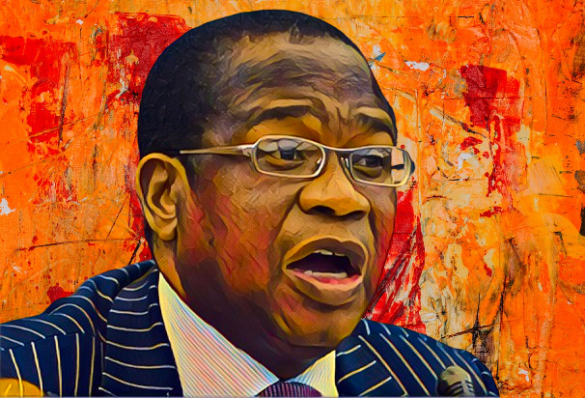In the wake of Zimbabwe’s persistent economic challenges, Finance Minister Mthuli Ncube has firmly stated the country’s intention to retain its beleaguered local currency, the Zimbabwean dollar, which has experienced a continuous decline in value throughout the year. Speaking in Bulawayo, Zimbabwe’s second-largest city, on March 25, 2024, Ncube emphasized the importance of having a domestic currency for conducting monetary policy and reducing reliance on foreign currencies, notably the US dollar, which currently accounts for 80% of all transactions in Zimbabwe.
This decision comes amidst the Zimbabwean dollar breaching significant devaluation milestones, dropping below 20,000 against the US dollar, a continuation of a downward trajectory that saw it pass the 10,000 mark earlier in January 2024. This decline has sparked widespread speculation regarding the potential phasing out of the local currency, a scenario the authorities have yet to directly address. Despite the currency’s poor performance, Zimbabwe boasts the world’s highest benchmark interest rate at 130%, a reflection of the country’s efforts to curb inflation and stabilize its economy since the re-introduction of the Zimbabwean dollar in late 2019 after a decade-long hiatus.
Ncube’s remarks underscore a broader strategy aimed at revamping the Zimbabwean currency through fiscal and monetary reforms. The delay in releasing a monetary policy statement, according to Ncube, is due to ongoing consultations with government experts and stakeholders, as authorities consider backing the currency with gold, among other measures. This cautious approach aims to ensure the efficacy of the proposed reforms before their implementation.
The Zimbabwean dollar’s devaluation by 70% against the US dollar since the beginning of the year ranks it among the world’s most depreciated currencies. In response to this economic turmoil, Zimbabwe plans to engage with the International Monetary Fund (IMF) in a staff-monitored program starting June 2024, spanning 12 months. The IMF has previously advised Zimbabwe to fully liberalize its exchange rate to mitigate the risks associated with the currency’s continuous depreciation on economic growth.
The core of Zimbabwe’s economic reform agenda, as highlighted by Ncube, centers around stabilizing the currency. With several reforms already in place, the forthcoming monetary policy statement is anticipated to address the critical issues plaguing the Zimbabwean dollar. This holistic approach to economic recovery and currency stabilization reflects the government’s commitment to navigating the complex challenges facing Zimbabwe’s financial system.
As Zimbabwe stands at this pivotal juncture, the global community and local stakeholders are closely watching the outcomes of the proposed currency revamp and economic reforms. The success of these measures will not only determine the future trajectory of the Zimbabwean economy but also serve as a critical test of the government’s ability to restore confidence in its fiscal and monetary policies amidst ongoing economic uncertainties.


